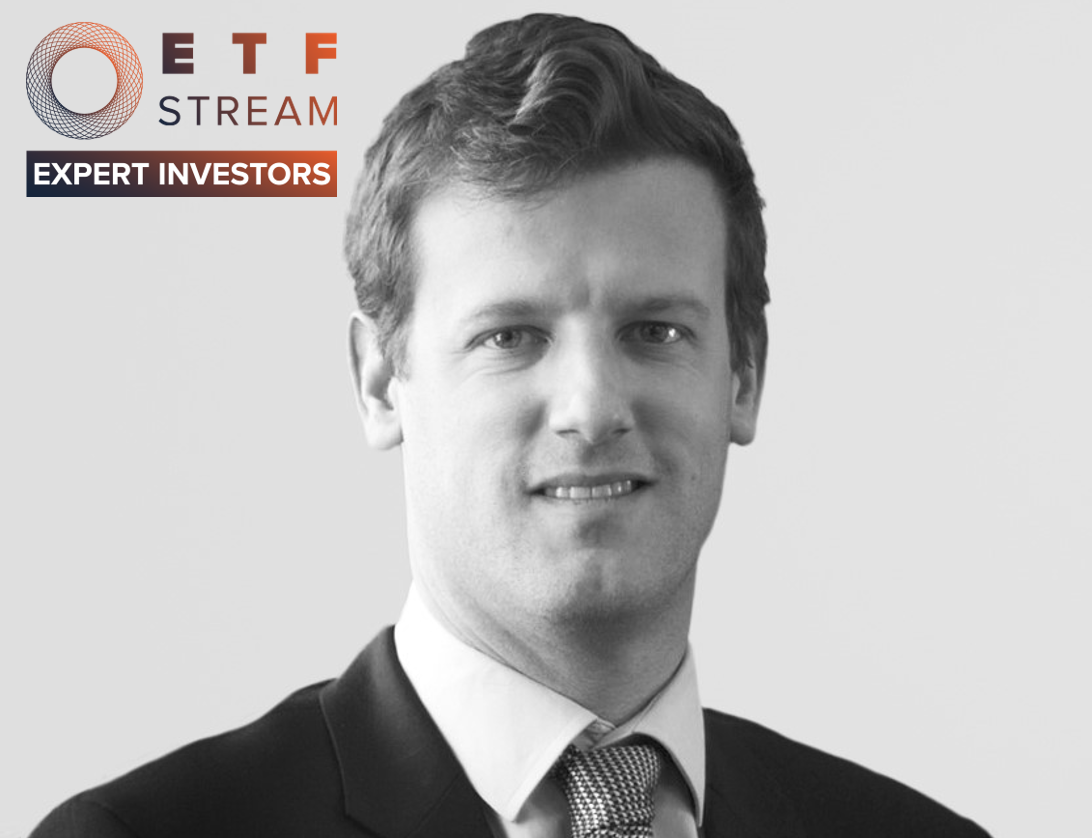Expert investors is a new series
brought to you by ETF Stream where on a fortnightly basis we interview the key individuals from across the fund selection and research space about the ETF industry.
Fund selection plays a crucial role in portfolio construction. Once the asset allocation decision has been made, these individuals need to decide how they want to be exposed, be it through a mutual fund, investment trust or ETF.
Over the years, ETFs have become an increasingly important part of any investor’s toolkit. This series will show how the key players across the fund selection space use ETFs in their portfolios while asking what more can be done by the ETF providers to help with this increasing adoption.
Next in the hot seat is Oliver Smith, investment director at Sandaire. Smith joined Sandaire last October after three years at IG Group. Prior to this, he spent three years at Julius Baer where he led the UK Portfolio Construction team. A big advocate of ETFs, Smith was named in ETF Stream's 30 Index, which acknowledges the most influential experts across the European ETF industry.
How much of your portfolio is made-up of ETFs/index funds?
We manage client portfolios over a range of different mandates, some of which have 100% ETF allocations.
Within a more standard balanced multi-asset portfolios ETFs account for around 30% of the allocation.
When did you start investing in ETFs? Why then? If not, why not?
I began investing in ETFs in 2007, when working as a portfolio manager on an emerging markets fund.
At the time, ETFs were really seen as a retail product, with structured products being the preferred route to access market beta – how times have changed!
Which asset classes do you tend to invest in through ETFs?
At Sandaire, we use ETFs as the basis of our client’s strategic asset allocation (SAA), and therefore could use them for all asset classes.
More practically, we tend to use them to get exposure to UK and US equities, parts of the fixed income universe, and commodities.
Which areas would you avoid?
Small caps are poorly served by ETFs, which is a just function of illiquidity further down the cap scale, so we would likely use an active manager there, and it is our belief that active managers can also add value within emerging markets and non-standard fixed income.
What is your methodology for selecting ETFs?
For the mainstream indices, total cost of ownership is the most important consideration. This includes TER, historic tracking difference and market bid-ask spreads.
It is also important for clients with capital gains considerations that if an ETF is to be used as a core allocation, then that ETF should have large enough AUM and broad enough ownership base, for it to have a long term future.
Do you have an ETF provider preference?
No, we are provider agnostic but have a natural bias to those with a broad offering.
What ETF products would you like to see more of?
The liquid alternatives space appears to be more interesting, especially with fixed income yields being where they are.
I expect to see a future blurring of lines between passive and actively managed strategies, which, as long as they are clearly labelled, should be beneficial for investors.
Are there any areas ETF providers could improve?
In general, I think they do a good job, although one area that could be improved is in articulating – on the website, and in sales materials – why a particular strategy might be preferred to one with a very similar strategy.
Expert investors is a new series brought to you by ETF Stream where on a fortnightly basis we interview the key individuals from across the fund selection and research space about the ETF industry.
To read the previous edition of Expert Investors with Scott Tindle of Tindle Wealth Management, click here.



